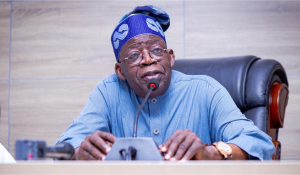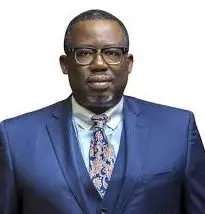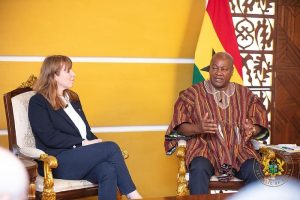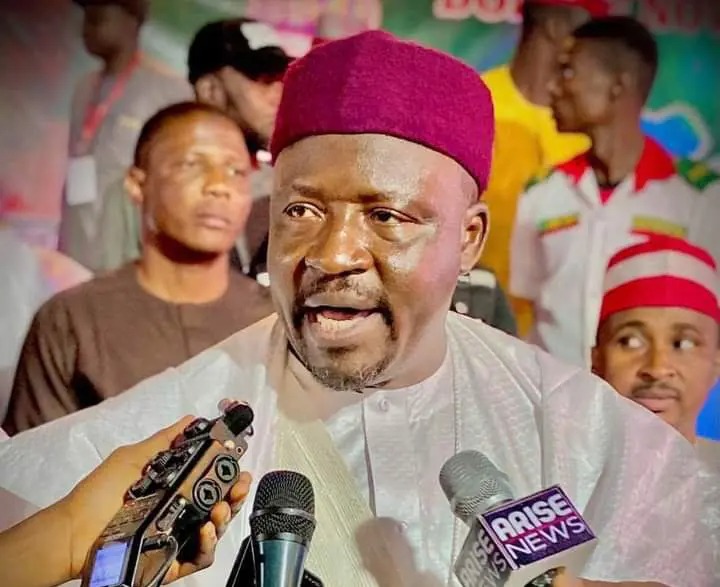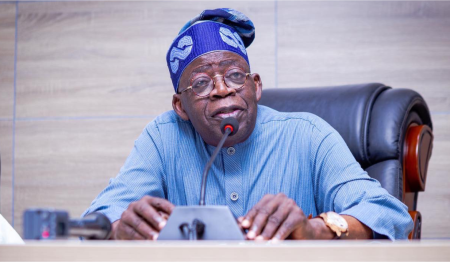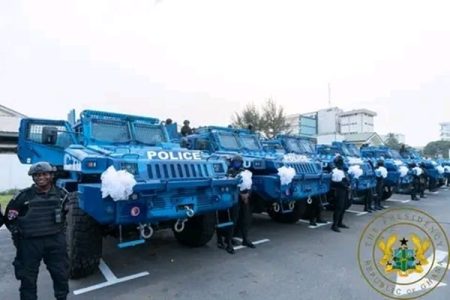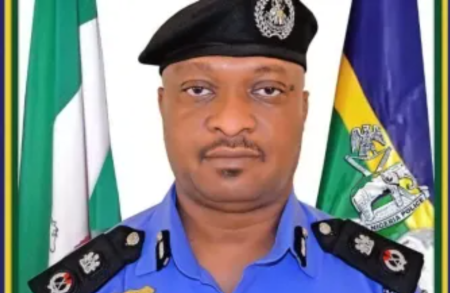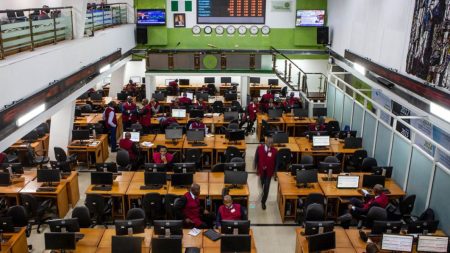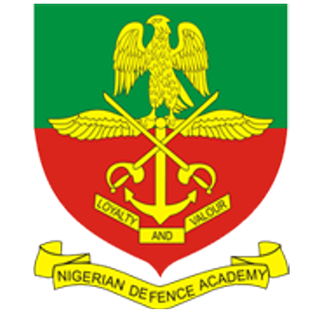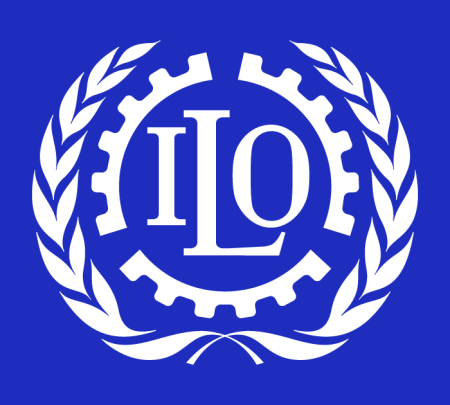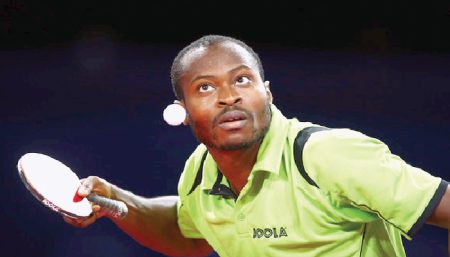The political landscape of Kano State, Nigeria, has been embroiled in a power struggle within the New Nigeria Peoples Party (NNPP), culminating in the suspension of four National Assembly members and a subsequent rebuttal that exposed deeper fissures within the party. The Kano State NNPP chairman, Alhaji Hashimu Dungurawa, announced the suspension of Senator Kawu Sumaila, Ali Madakin Gini, Sani Rogo, and Kabiru Rurum, citing alleged anti-party activities. Dungurawa accused the lawmakers of aligning with opposition figures and acting against the party’s interests, particularly referencing Senator Sumaila’s inauguration of projects at his university without inviting NNPP members. This action, according to Dungurawa, exemplified their disloyalty and warranted disciplinary measures. However, he also extended an olive branch, suggesting the possibility of reinstatement if the suspended members showed remorse and sought reconciliation.
The suspended lawmakers, however, vehemently denied the allegations and dismissed the suspension as an illegitimate political maneuver orchestrated by Rabiu Kwankwaso, a prominent figure within the NNPP. They characterized Dungurawa as Kwankwaso’s puppet, lacking credibility and authority within the party. Citing a court judgment from November 2024, they asserted that Dr. Boniface Aniebonam is the only legally recognized leader of the NNPP, and that Kwankwaso and his loyalists had been expelled. They portrayed Kwankwaso’s actions as a desperate attempt to maintain control despite his expulsion, arguing that the suspension was a baseless tactic designed to distract from his faction’s failures. The lawmakers called upon the public to disregard the suspension and reaffirmed their commitment to the NNPP under Aniebonam’s leadership.
The lawmakers’ statement further delved into the internal dynamics of the Kano NNPP, accusing Kwankwaso of transforming the party into his personal fiefdom, disregarding party unity and democratic principles. They highlighted Kwankwaso’s absence from Senator Sumaila’s daughters’ wedding and the Al-Istiqama University convocation, despite invitations, as evidence of his political insecurity and deliberate attempts to undermine opponents. This absence, particularly given the presence of prominent figures from the All Progressives Congress (APC), including National Chairman Abdullahi Umar Ganduje and Deputy Senate President Barau Jibrin, was interpreted as a calculated snub. The lawmakers contrasted Kwankwaso’s actions with their own vision of politics centered on service, integrity, and development, accusing him of weaponizing division and manipulation.
The underlying conflict appears to stem from a deeper power struggle within the NNPP, with two factions vying for control. The lawmakers aligned with Aniebonam accuse Kwankwaso of clinging to power despite a court ruling that ousted him. They portray Dungurawa’s actions, including the suspensions, as part of Kwankwaso’s strategy to maintain influence and suppress dissent. The lawmakers’ emphasis on Aniebonam’s legitimacy and Kwankwaso’s expulsion suggests a fundamental disagreement over the party’s leadership and direction. This internal rift threatens to fracture the NNPP and weaken its position in Kano State politics.
Dungurawa’s accusations against the suspended lawmakers shed light on the specific actions that triggered the disciplinary measures. He pointed to their alleged association with opposition figures and their failure to uphold party values. The incident involving Senator Sumaila’s inauguration of university projects without inviting NNPP members appears to have been a key catalyst for the suspensions. Dungurawa’s statement that a committee would be formed to investigate the matter suggests a desire to formally address the allegations and potentially impose further sanctions. However, his offer of dialogue and potential reinstatement hints at a willingness to resolve the conflict internally.
This internal dispute within the NNPP raises questions about the party’s future and its ability to present a united front in upcoming elections. The conflicting claims of legitimacy and the accusations of anti-party activities paint a picture of a fractured organization struggling with internal power dynamics. The public pronouncements and counter-accusations further exacerbate the situation, potentially alienating voters and damaging the party’s credibility. The outcome of this power struggle will likely have significant implications for the NNPP’s political prospects in Kano State. Whether the party can reconcile its internal differences and present a cohesive strategy remains to be seen.


